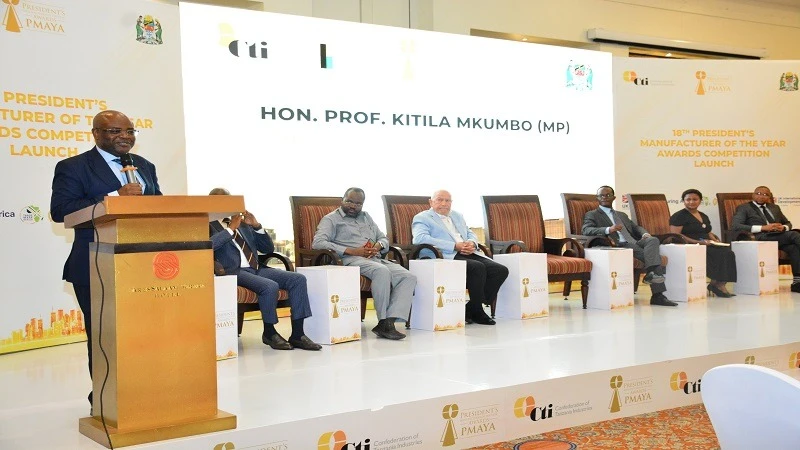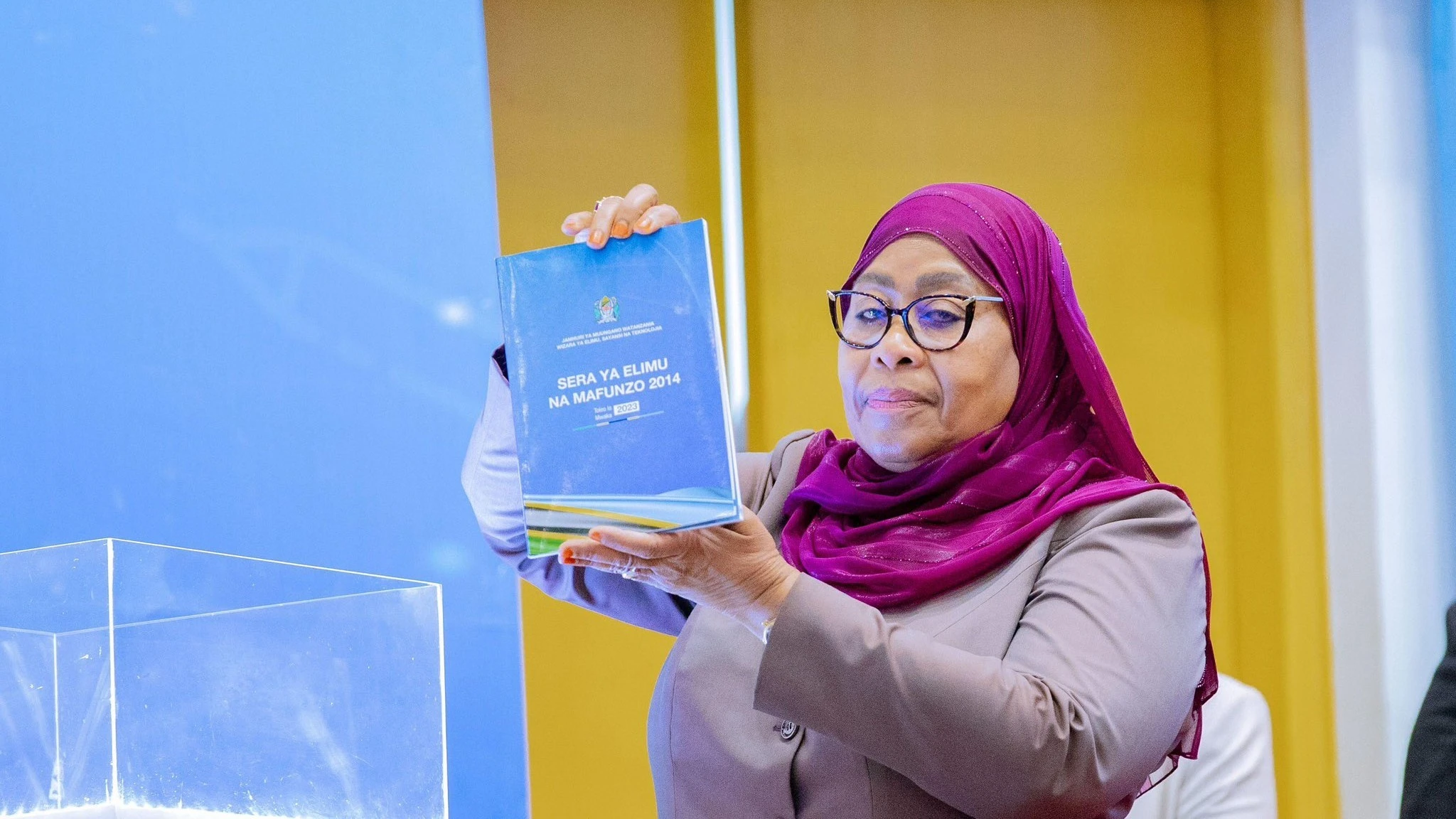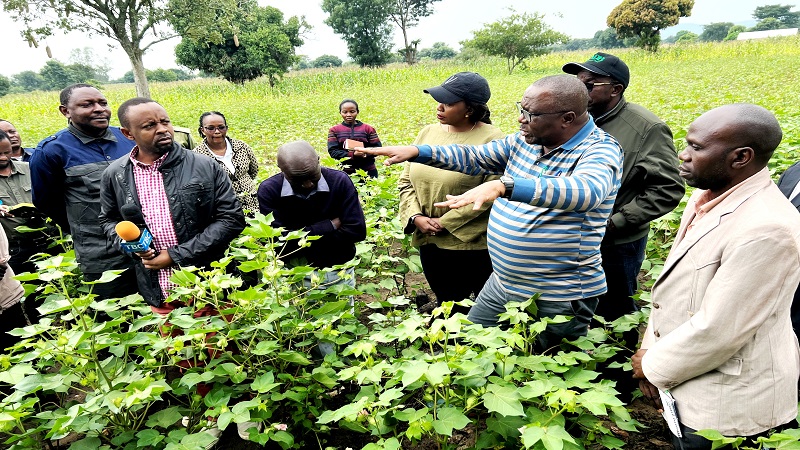‘Industrial capacity key to 2050 Vision’

INVESTMENT in industrial development will be a strategic priority in the Development Vision 2050 to build local production capacity and reduce dependency on imported goods
Prof Kitila Mkumbo, the Planning and Investment state minister in the President’s Office made this declaration a high-level industrial dialogue on Tanzania Vision 2025 in Dar es Salaam yesterday.
Also officiating at the launching of the President’s Manufacturer of the Year Award (PMAYA) organised by the Confederation of Tanzania Industries (CTI), he emphasised the crucial role of support for industrial development in shaping the National Vision 2050.
The inclusion of industries at the core of the national vision is essential as prosperous countries are distinguished by their robust industrial sectors, he said, intimating that the country cannot advance by relying on imports.
“Developing numerous industries and exporting our products in the region and beyond is important and will stimulate national development,” he asserted, invoking opinion surveys in preparation for Vision 2050 that involved 7,668 people throughout the country.
He said they were selected in keeping with the rules of sampling, and they identified five priorities to be present in the vision, with industries being number one.
“Investment in industries emerged as the foremost priority in thinking up the national vision, while agriculture, providing 65 percent of raw materials for industries, remains the second priority,” he stated.
The need for large investments in human resources to meet the needs of an industrial economy of well-educated people was another priority mentioned in the study, in the view of Leodegar Tenga, the CTI chairman.
The development vision necessitates substantial investments in quality education, he said, commending the government’s commitment to prioritizing industrial development.
“There is no country that has achieved significant economic progress without investing in industries. Effective planning is crucial, hence, investing in industries is key to our development,” he further stated.
For industries to function well, the government has to invest in the construction of the roads and railways infrastructure, as infrastructure development us vital to facilitate industrial growth, he elaborated.
“To achieve our Vision, we must strengthen both industries and agriculture, ensuring we capitalize on regional markets such as the East African Community (EAC) and the Southern African Development Community (SADC),” he specified.
Paul Makanza, the CTI vice chairman, emphasized the need for strategic enablers like technology and human capital to accelerate progress, explaining the need to build a solid foundation of peace, stability, unity and self-reliance.
He also underscored a governance structure that supports accountability, transparency and participatory decision-making, along with “reflecting on our past, understanding our present and shaping our future.”
Unified strategies across government ministries and departments is essential to achieve national goals, he added.
Top Headlines
© 2025 IPPMEDIA.COM. ALL RIGHTS RESERVED






















